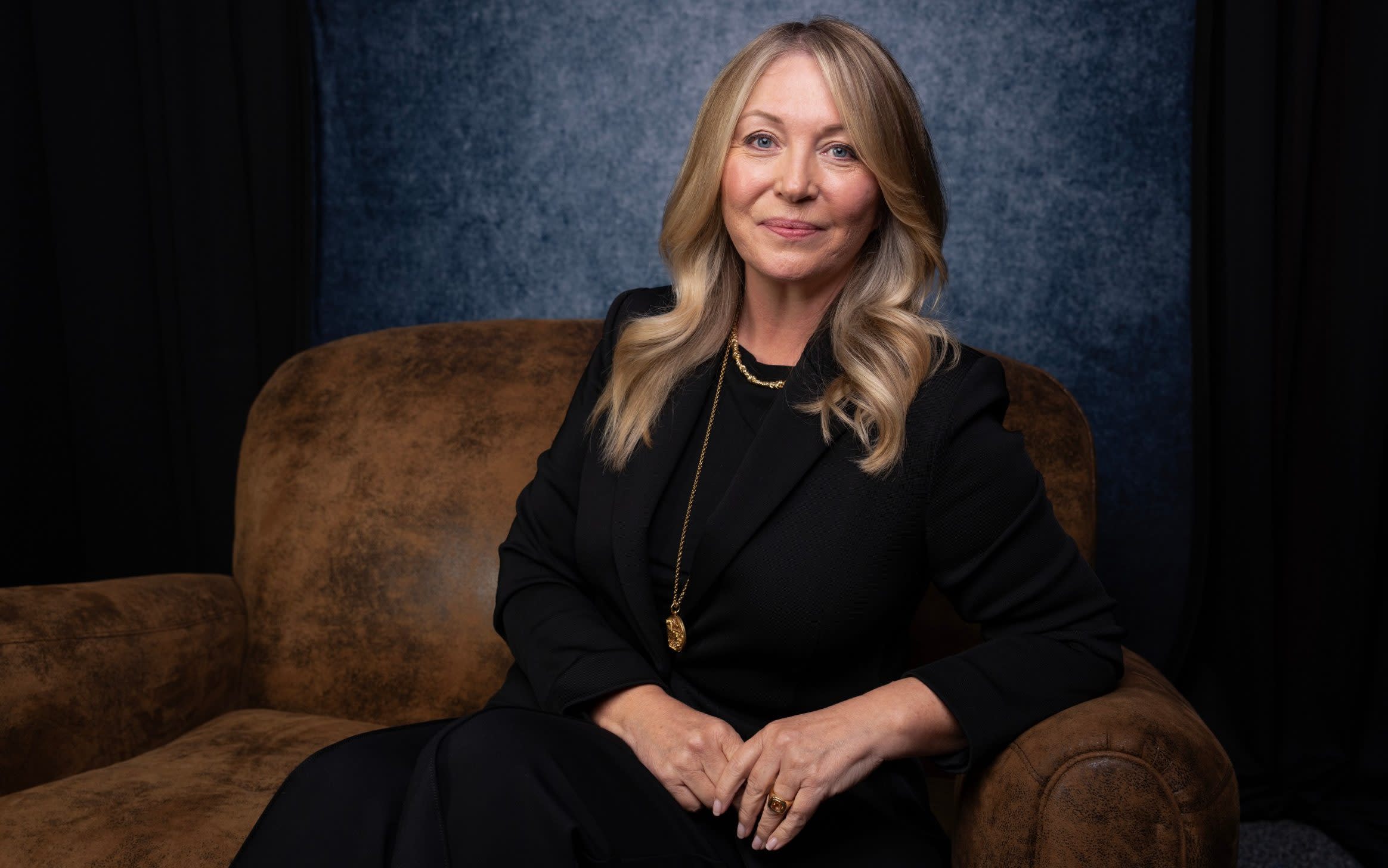Kirsty Young was made to feel like “a crazy lady” by a doctor who told her that . Young was eventually diagnosed with the neuropathic disorder after suffering 18 months of and extreme fatigue. The symptoms were so debilitating that she had to leave her dream job as presenter of Radio 4’s .
But it took appointments with several doctors before . “I went to see all sorts of different people, doctors and medics..

.[to one] I said: ‘I’ve read about this thing called fibromyalgia, could it be fibromyalgia?’ “They actually did snort. She snorted .
.. I said: ‘That’s not a thing?’ She said: ‘That’s not a thing.
That’s where we put people when they don’t have something, just to say they’ve got something.’ “Now, of course, I realise the depth of that particular medic’s ignorance on the subject.” Speaking to Radio 4’s Today programme, Young added: “I went down lots of alleyways before I eventually found somebody who said: ‘Oh, yes, that’s a neuropathic pain disorder.
’ “Once it was named I thought: ‘Ok, it’s not in my head. I’m not a crazy lady then. What I feel is real.
This thing that’s bringing me to tears and decimating me is real.’” Young, now 55, stepped down from her job in 2018. Describing her symptoms of brain fog and extreme fatigue, she said: “I have at my worst felt that somebody has drugged my cup of tea – almost swaying with fatigue and having to opt out of doing anything because the fatigue is just like cement in your body.
” Young said she coped “chaotically and badly” with the pain, which included joint-pain migraines. “I coped in the way that many people do with chronic long term pain, which is thinking, ‘This’ll go away, I’ll take a couple of paracetamol. Actually, I think I need Nurofen Plus.
Actually, I think I probably need to take three or four doses of those a day, they seem not to be working – is it all in my head?’ “I think I was probably quite horrible to be married to because I was a grump and I was extremely tired and I was sobbing sometimes with pain. “I did the things that required me to show up without compromise, which were children and work, and the other things I just wasn’t very good at. I definitely felt, in this Instagrammable age, that I was losing at life.
” Young said she remembered breaking down in tears after a day’s recording at the BBC. “I was hollowed out by it. I’d just finished recording a , and it had gone well.
I was walking down Regent Street in central London and standing at the traffic lights and I just missed the crossing. “I had somewhere to be and had to get there on time, and I burst into tears. That’s not who I am.
I don’t burst into tears. But tiny things would tip me over.” Initially, she hid her condition from friends and colleagues.
“I didn’t talk about it. It was like a little private horror. There are a lot of things that surround it: a sense of failure and shame, a sense of ,‘There are people far worse off than me, people dealing with a stage 3 diagnosis of cancer.
’ Well, that’s true, but if you’re in your life and you are dealing with chronic pain day in, day out, night in, night out, that’s a hell of a thing to deal with.” Young said she had turned down requests to make a documentary about her condition because she recognised that being able to give up her job was a luxury that many other sufferers could not afford. She said: “I could give up that job.
I could still pay my gas bill without doing my job, so for me that was a very privileged decision. It was a big decision but I was able to make it. “If you’re working in Aldi on a part-time shift and you’ve got a cleaning job and you’ve got three kids and you don’t have a car and you’ve got to catch the bus – nobody in that position is able to give up their job.
” Young has since , anchoring coverage of royal events including the funeral of Queen Elizabeth II. A survey of more than 4,000 adults, conducted on behalf of the BBC, suggested that more than a quarter of people in the UK are living with chronic pain..



















